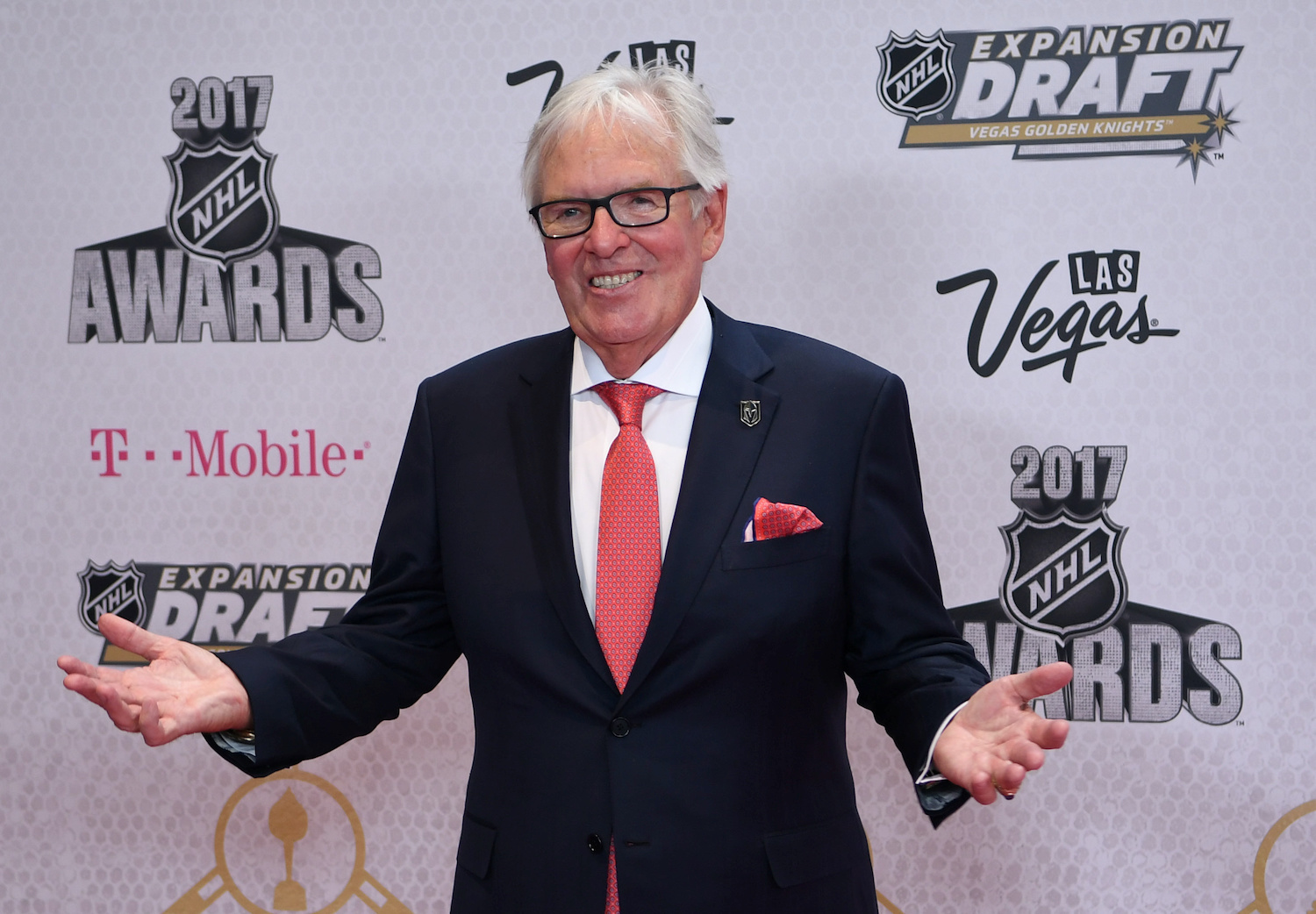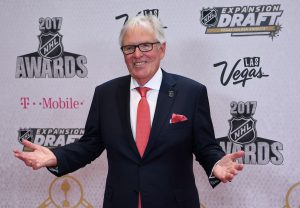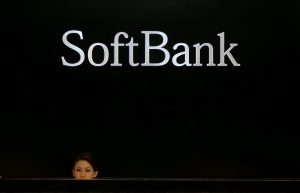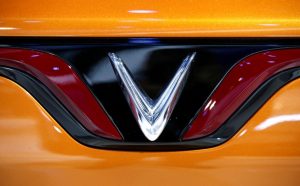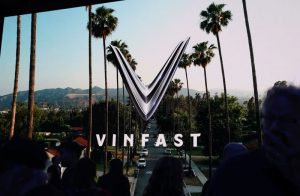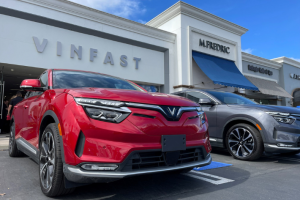(ATF) The special purpose acquisition company (SPAC) boom continued in the first quarter with launches at a value of around $100 billion, helping to drive a +93% rise in global M&A to $1.3 trillion. Growing numbers of SPACs are trading at discount to their nominal $10 price, however, which is shining a light on veterans with a strong track record like Bill Foley.
SPACs have shifted from a market backdrop where many vehicles were trading at a substantial premium to the $10 that is normally used as an issuing price to an environment where many are at a discount to $10.
SPACs in the past moved to a premium when their planned acquisition was close to fruition, or when there had been leakage of information about a pending deal. The premium for multiple vehicles in late 2020 and early 2021 instead indicated frothiness in the market, often driven by retail investors with little interest in the details of individual structures.
The more recent shift to a discount for many SPACs indicates growing fear that too many deals have been issued, often with little to indicate that deal sponsors will be able to find a suitable target.
SPACs that do not close a deal should not in theory cause investors too much harm, as they get their money back with interest, but the prospect of failed vehicles has nevertheless caused investor concern.
This applies to some of the biggest deals in the market, as well as smaller SPACs that are backed by celebrities or untested sponsors.
The $4 billion SPAC that hedge fund manager Bill Ackman launched last year to great fanfare as it became the biggest vehicle yet has missed his own self-imposed deadline for an acquisition by the end of the first quarter of 2021, for example. That recently led his Pershing Square Tontine Holdings SPAC to fall back from a sharp premium.
300 SPACs failed to find a target
Around 300 existing SPACs that have failed to find an acquisition target are now trading at a discount to their issuance price, as the sector has fallen by well over 20% from its aggregate value in February.
This new focus on SPAC value has highlighted the track record of veterans of the market, such as Bill Foley, an American insurance company executive and entrepreneur whose deals are not focused purely on a fashionable sectors such as technology.
Foley and former Citigroup banker Michael Klein are the only two managers to have raised $1 billion or more in three or more separate SPAC launches.
And Foley has delivered for fellow investors with SPACs that have already closed acquisitions.
His most recent deal to close on an acquisition was of Paysafe, a London-based online payments firm that started trading in the US last week after a merger with one of Foley’s SPACs that valued the target at around $9 billion.
A deal that values Alight Solutions at $7.3 billion was announced in January, in another Foley SPAC merger that targeted a firm that brings technological solutions to a long established business need – in this case human resources management for companies.
But in recent interviews Foley has said that he thinks there may be more interesting SPAC opportunities in carve-outs from existing public companies, rather than competing in the heavily trafficked search for relatively new technology firms that are still private.
Investors who are starting to discriminate more than they did in the past between different SPACs – and who are worried about potential discounts in price for vehicles – may be inclined to stick with Foley, as a sector veteran who has demonstrated a focus on value.




